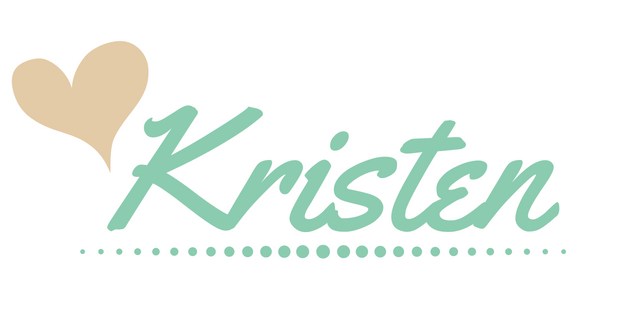Have you ever really wanted to do something, like create a new habit, but try as you might you inevitably let yourself down? It’s a frustrating cycle. You want something, so you work for it but fail. Still wanting to form the habit, you try again this time with a little less confidence because of your past attempt that didn’t work out. That lack of confidence can hinder your performance, and you fail a second time. And on it goes.
What if I told you that your failure wasn’t your fault, it was your tendency?
Years ago, when I was completing my internship, I was labeled by my preceptors as a self-starter. I wanted to become a dietitian, and I knew I needed to gain approval of my preceptors to graduate from the internship. I loved learning about nutrition, and I was held accountable for my work through evaluations and deadlines. I didn’t know it then, but the fact that I had someone else evaluating was a major key to my success.
Fast forward to the present. I still love learning new things about nutrition, and I am still a “self-starter,” but finishing something is a different story. For instance, I buy a lot of books and eagerly read through the first chapter or two vowing to myself that I’m going to read a little bit each week. Inevitably, something always comes up that I do instead. Even though I want to read the book, it feels much more natural and compelling to complete the latest task my client requests or help a friend solve a problem. So, the book sits there unread for weeks, months, years even.
It wasn’t until I started a book club that I could finish a book I wanted to read.
Why can I read a book for a book club but not on my own?
Because of my tendency.
The four tendencies and how they can change the way you think about yourself.
According to Gretchen Rubin, people fall into one of four tendencies depending on how they respond to expectations – you know the things you can’t avoid, nowadays known as “adulting.”
Finding out what tendency you fall under can break you free from the cycle I mentioned above, see yourself in a different light, and help you accomplish the things you want to (or need to) do in life.
The four tendencies:
- Upholders meet inner and outer expectations. They love rules, having a clear plan and are self-motivated and disciplined. Just tell them what needs to be done, and they’ll lead the way.
- Questioners meet expectations that make sense to them. They need to see purpose and reason in anything they do. If you make it clear why something is important, chances are they will get it done.
- Obligers meet other peoples’ expectations easily but struggle with inner expectations. The must be held accountable by a friend, coach or boss to get things done. They thrive when they have a sense of duty and can work in a team.
- Rebels defy both outer and inner expectations. Above all, they want to be free to choose and express their individuality. The best way to motivate them is to give them the facts, present the task as a challenge and let them decide without pressure.
Perhaps you can quickly identify yourself in one of these categories. You may also want to take the quiz to find out for sure.
When you know your tendency, you can see yourself in a new, more positive way.
After finding out that I will always gravitate toward meeting outer expectations (like from my internship director and preceptors that were grading me), I suddenly knew how to succeed and why meeting the needs of my clients and friends is so easy for me to do. I stopped blaming myself for being lazy or unmotivated. I stopped feeling like such a failure because I couldn’t achieve my goals. Knowledge is power, and now that I know I’m an obliger, I can set up external accountability (like a book club) to follow through with the things I set out to do.
Food for thought. Tell us in the comments below:
Have you been beating yourself up over something that you couldn’t accomplish?
What will YOU do differently now that you know about your tendency?
Homework:
If you haven’t read the Four Tendencies or Better Than Before by Gretchen Rubin, we highly recommend that you do. Lucy and I have been so enlightened by these books that we’ve thoroughly woven Rubin’s concepts into the way we teach and think about well-balanced living.




